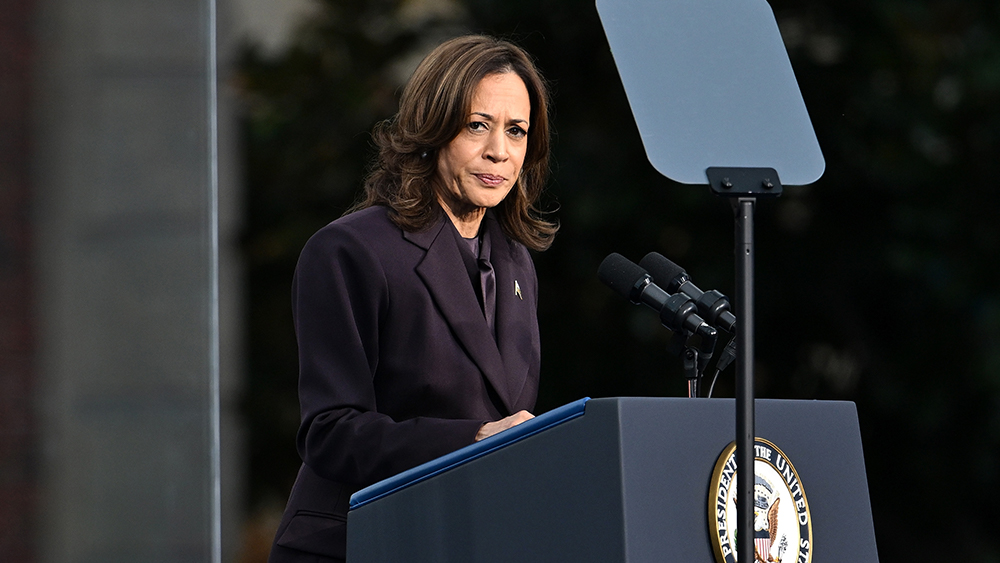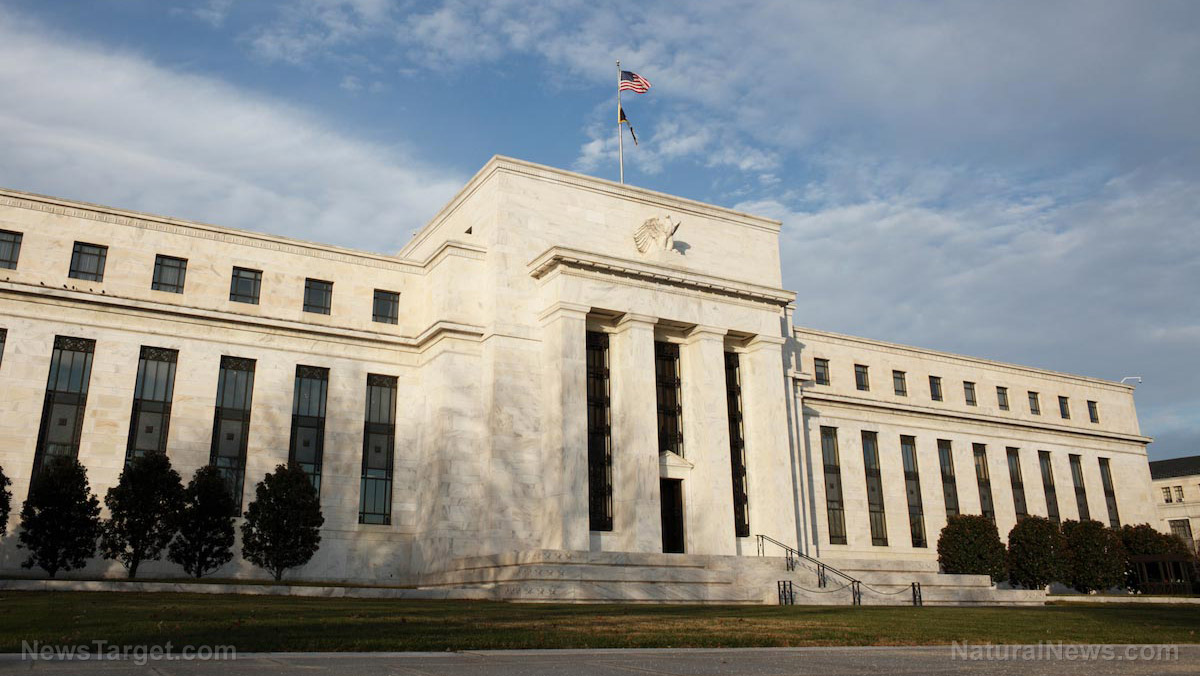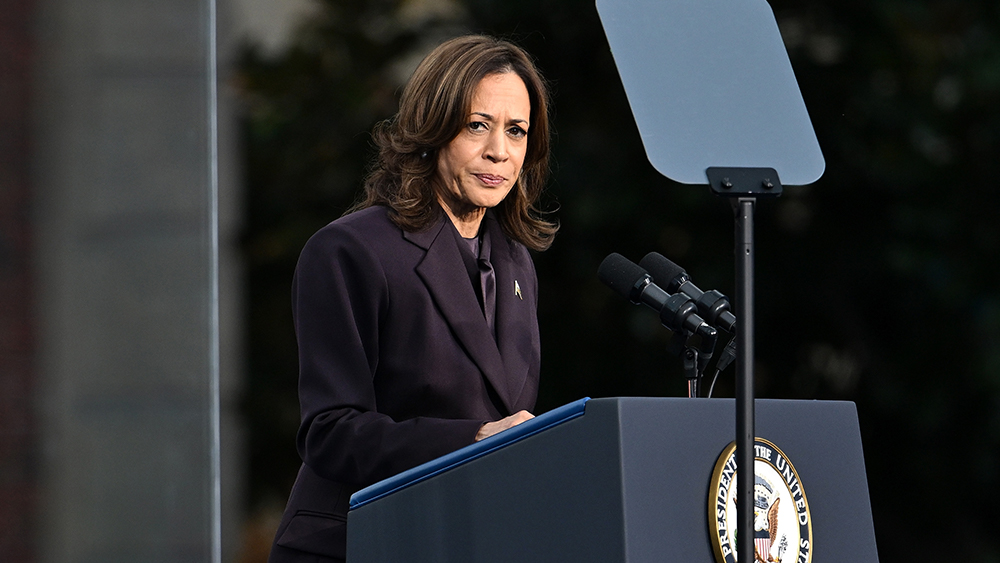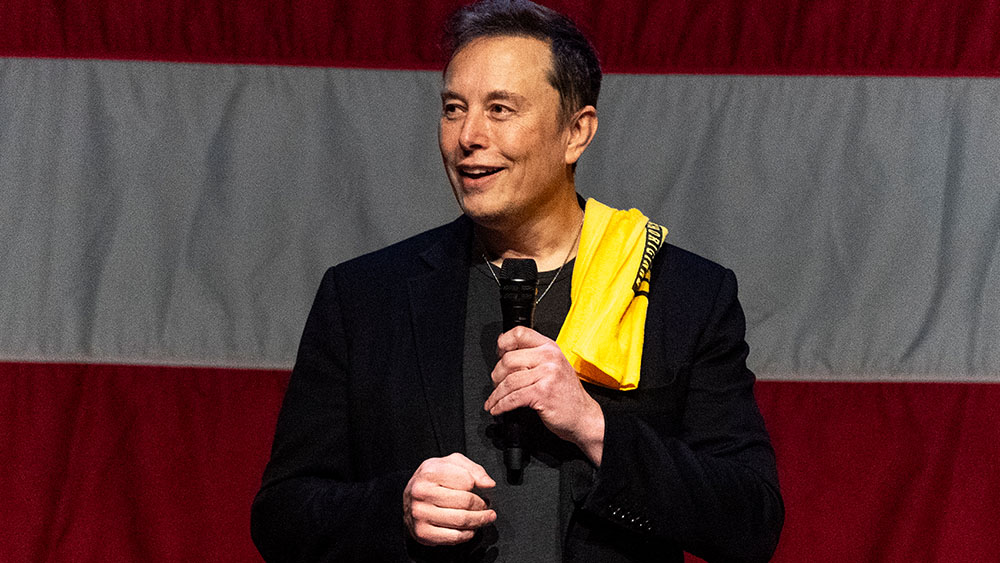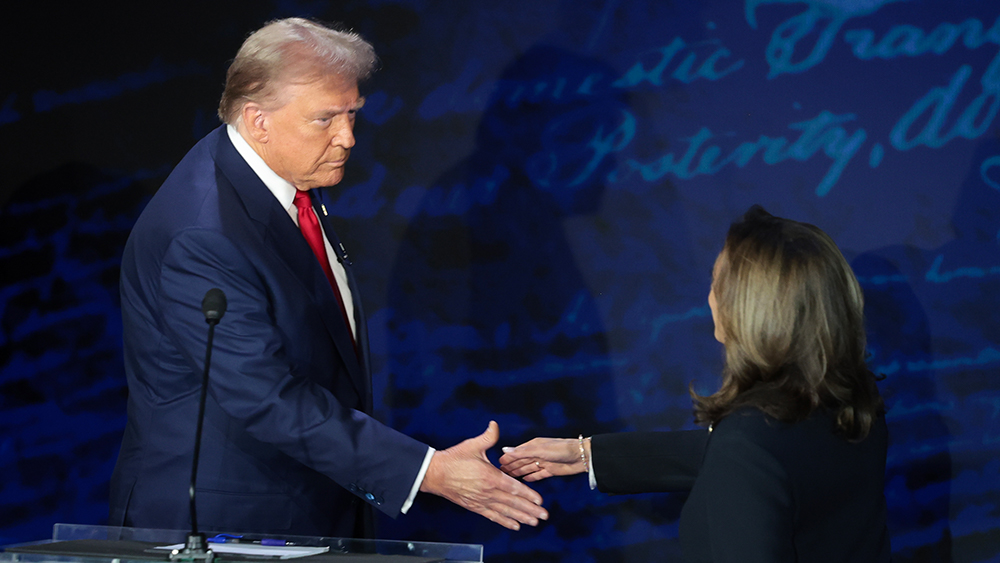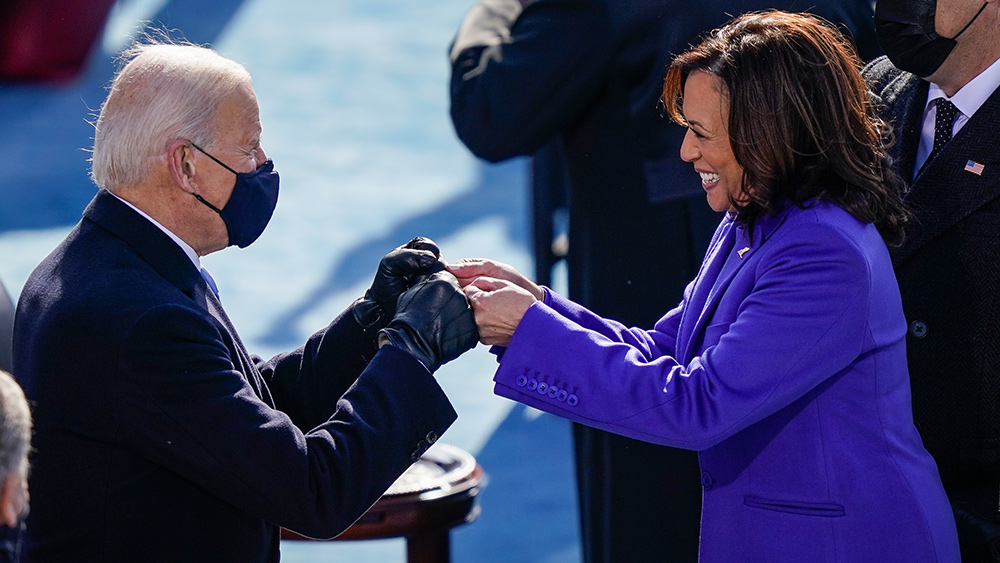The Biden-Harris administration’s solar energy subsidies are only benefiting China
11/12/2024 / By Ava Grace
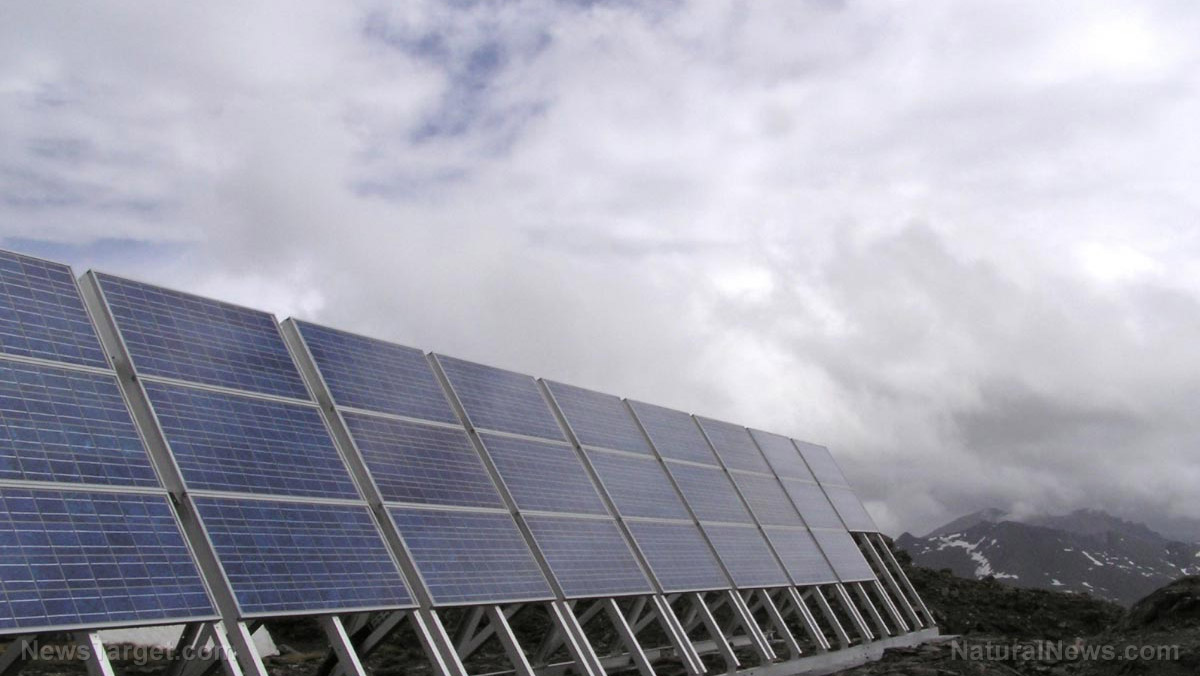
The solar panel and solar energy subsidies of the administration of President Joe Biden and Vice President Kamala Harris are only benefiting China.
These subsidies were approved when Biden and the Democrats in Congress passed the Inflation Reduction Act in a bid to lure solar panel production away from the communist nation and into the United States and to unleash a “Made-in-America” clean energy revolution.
The law gives subsidies to companies to build factories that make solar components in an effort to revitalize the country’s manufacturing base and take control of clean energy supply chains away from China.
However, solar energy experts noted that these subsidies are only empowering Chinese companies to set up shop in America rather than incentivizing Americans to start solar energy companies. (Related: Op-ed: Biden administration’s “green energy” schemes AREN’T AS GREEN as they seem.)
Chinese companies being revitalized by American solar subsidies
Biden’s solar panels subsidies have helped revitalize ailing Chinese companies. LONGi, a Xi’an-based company manufacturing solar modules and aiding the development of solar power projects, used to be on the way out. But its chairman, Zhong Baoshen, took advantage of the solar subsidies in the U.S. to breathe new life into his ailing company.
“We paid billions in tuition fees” to learn how to navigate U.S. politics, he said.
The 56-year-old businessman’s life has been a lesson in China’s industrial triumphs as well as its perils. With two college friends from his university’s physics department, he built LONGi up to a peak valuation of around $80 billion with support from the central government in Beijing.
But in the first half of 2024, the price of polysilicon, the building block for solar panels, dropped more than 40 percent. LONGI’s stock price plummeted by 80 percent from its peak before stabilizing, and Zhong believes the U.S. market is the only way his company can survive.
Another Chinese company, Trina Solar, based in Changzhou, could net almost $1.8 billion from American tax subsidies over the next seven years if it continues with its plan to get its factory in Texas fully running by 2025.
At least eight other companies that were either founded in China or have strong links to the Chinese have spent more than $1.2 billion to build solar panel projects in the U.S. since the passage of the IRA. These projects are expected to build up a total of 23.6 gigawatts of module capacity, and about 14.5 gigawatts of this is already online, accounting for nearly a third of U.S. panel-making capacity. Around seven gigawatts is currently under construction and the remaining two gigawatts is still in the planning stages.
Jonas Nahm, a Johns Hopkins University professor who has studied China’s industrial policy, said that for stronger companies such as LONGi, the most important form of government support was the policy of motivating renewable-energy projects. That ensures a market for solar panels.
Solar panel developers note that at the moment, the U.S. is “the only place where anyone is making any money [from solar],” said Yana Hryshko, global head of solar for the energy consulting firm Wood Mackenzie.
Visit SolarPanels.news for more on solar energy.
Watch this video discussing how the incoming second administration of President-elect Donald Trump could reverse Biden’s China policy.
This video is from the TrendingNews channel on Brighteon.com.
More related stories:
Locals outraged as California’s iconic Joshua trees are cut down to build a solar farm.
Major solar panel company files for BANKRUPTCY after California ends subsidies for renewables.
Sources include:
Submit a correction >>
Tagged Under:
big government, China, energy supply, finance riot, government subsidies, green living, Green New Deal, green tyranny, insanity, Joe Biden, money supply, outrage, power, power grid, renewable energy, solar energy, solar panels, solar power, traitors, treason, truth, White House
This article may contain statements that reflect the opinion of the author
RECENT NEWS & ARTICLES
COPYRIGHT © 2022 FinanceRiot.com
All content posted on this site is protected under Free Speech. FinanceRiot.com is not responsible for content written by contributing authors. The information on this site is provided for educational and entertainment purposes only. It is not intended as a substitute for professional advice of any kind. FinanceRiot.com assumes no responsibility for the use or misuse of this material. All trademarks, registered trademarks and service marks mentioned on this site are the property of their respective owners.


